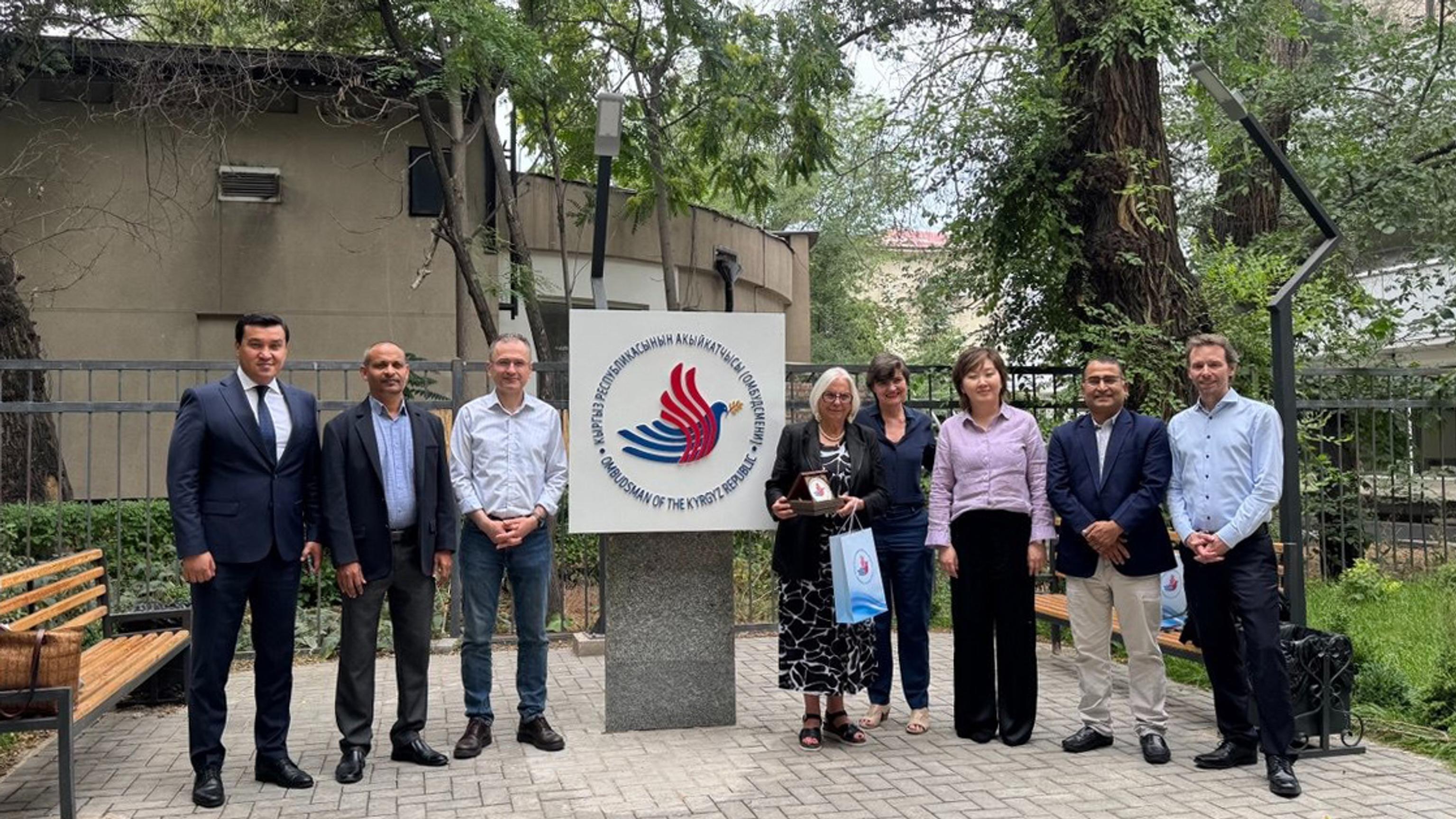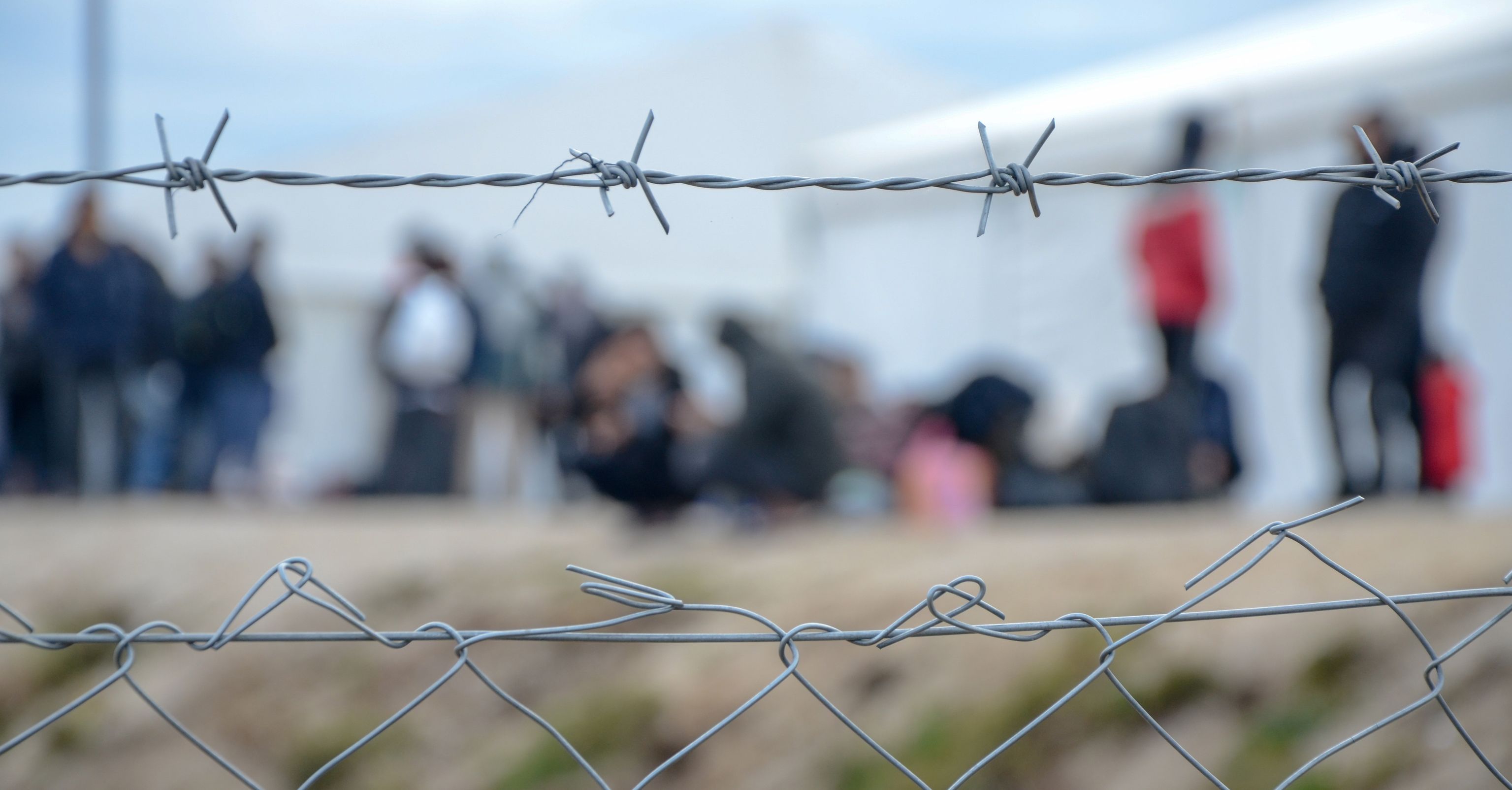Fact Sheet 9: Role and functions of NHRIs - Cooperating at the national level
01
NHRIs are required to cooperate and engage with all key stakeholders – governmental and non-governmental – that can influence the human rights situation in the country.
02
NHRIs should engage with, among others, the parliament, the government, the judiciary, NGOs, the media, legal professional associations and educational institutions.
03
NHRIs should develop a strategic plan that sets out the scope of their cooperation and engagement so that these priorities and approaches are clear internally and externally.
National human rights institutions (NHRIs) cannot promote and protect human rights alone and they are not expected to do so. In fact, the Paris Principles require NHRIs to work cooperatively and engage with a broad range of groups across the community, including State institutions and civil society organisations.
Cooperation can take many forms, including collaboration in human rights education, assistance in investigations and joint advocacy for reform of laws, policy and practices.
NHRIs will certainly need to engage with the three principal State institutions: the government, the parliament and the judiciary. They also need to reach out to potential allies in civil society, including non-government organisations (NGOs) and community organisations, professionals (especially legal professionals) and their associations, trade unions and academics.
This method of working is very broad and can potentially be very demanding for NHRIs. As such, NHRIs need to identify priorities and develop appropriate strategies to guide their engagement with different partners. This should be set out in the NHRI's strategic plan.

Engaging with the parliament
Of all the relationships that NHRIs establish, cooperation with the parliament should be given the highest priority.
NHRIs have a particular relationship of accountability to the parliament. Most laws establishing NHRIs require them to report annually to parliament on their activities. The laws may also require that all NHRI reports be tabled in parliament.
Some parliaments have specialist human rights committees that are natural partners with NHRIs in promoting and protecting human rights through the reform of law and policy. NHRIs should also engage and cooperate with other parliamentary committees that undertake inquiries or review legislation.
The Belgrade Principles on the Relations between NHRIs and Parliaments (2012) set out a range of practical areas for cooperation between NHRIs and parliaments.
Engaging with government and civil society
NHRIs will often experience tension in their relationship with the government. This is inevitable. The government, which is responsible for meeting State obligations under international human rights law, will often receive reports from the NHRI that are critical of its performance or that urge changes to certain areas of law, policy and practice.
Regular meetings between the NHRI and the government are important to ensure that the two parties understand each other. It also allows sensitive issues to be foreshadowed and reduces the risk of surprise and misunderstanding.
Constructive engagement can assist NHRIs to develop a level of cooperation with government that is necessary for them to do their work effectively. This engagement can be formalised through memorandums of understanding between the NHRI and different government ministries or agencies, or through designating a senior person in each ministry, department or agency to serve as a focal point for the NHRI.

Engaging with the judiciary
An independent judiciary – the third arm of government – is essential for establishing and maintaining the rule of law, which underpins all efforts to promote and protect human rights at the national level.
In developing a program of cooperation, it is essential that NHRIs show respect for the independence of the judiciary, collectively, and of individual judges.
There are a number of formal mechanisms, usually set out in the NHRI's establishing law, for NHRIs to engage with the judiciary. This includes, for example, opportunities for NHRIs to become involved in cases before the courts, such as intervening in cases as a "friend of the court".
NHRIs can also play a valuable educative role through other, less formal mechanisms; for example, working in cooperation with the authority responsible for judicial training to make their expertise in human rights law available to judges who may have had less exposure to this area of law.

Engaging with NGOs/CSOs
NGOs are essential partners of NHRIs. Both have strengths and expertise that they can share to their mutual advantage and, most importantly, for the better protection and promotion of human rights.
In fact, the Paris Principles specifically require that NHRIs engage with NGOs. This requirement is reflected in many of the laws establishing NHRIs.
Managing relationships with NGOs can be challenging for NHRIs. Each country has only one NHRI but there can hundreds, sometimes thousands, of NGOs. No NHRI can work with them all. However, it is important that NHRIs adopt an inclusive approach to engagement. This could include, for example:
- Appointing a focal point within the NHRI to develop and implement a strategy for broad NGO engagement
- Conducting a major annual consultation with NGOs
- Hosting issue-specific forums and engaging with those NGOs with expertise on the issue
- Convening meetings with NGOs on specific NHRI projects, to seek their input.
Other important relationships
NHRIs should also look to establish constructive and strategic relationships with:
- Journalists and media professionals, to build community understanding of and support for human rights issues through reporting and commentary for radio, television, newspapers and social media
- Lawyers and their professional associations, to foster greater knowledge of human rights law within the profession and to strengthen support for the NHRI and its work
- Academics and educational institutions, to advise the NHRI so that it can build a robust research and education base.
Find out more
Chapters 15, Manual on National Human Rights Institutions
Media Handbook for National Human Rights Institutions






